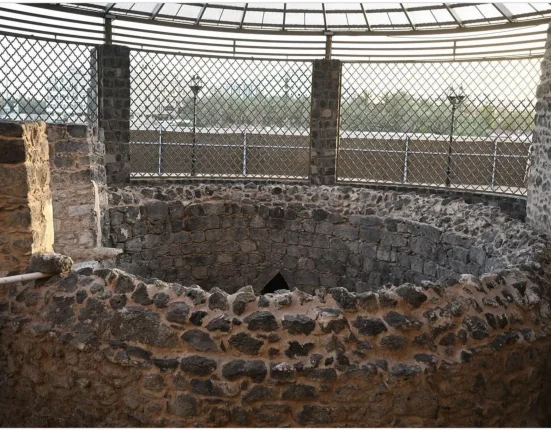Power Minister Adebayo Adelabu has stated that Nigeria’s ongoing electricity crisis stems from systemic failures of past administrations, citing decades of mismanagement and underinvestment as the root causes. Speaking during a recent briefing, Adelabu contrasted the current administration’s efforts with historical shortcomings, noting that previous governments allowed infrastructure decay and policy inconsistencies to persist, leading to prolonged inefficiencies.
He pointed out that while past leadership struggled to achieve a 2,000 MW increase in electricity generation over 35-40 years, recent initiatives under the Tinubu administration have added 1,700 MW within 18 months. Adelabu emphasized that sustained annual investments of 1,000 MW since 1999 could have positioned Nigeria’s generation capacity at 30,000 MW today, but missed opportunities left the nation reliant on outdated grids and unreliable supply.
The minister highlighted ongoing reforms, including grid upgrades and decentralization under the Electricity Act 2023, as critical steps toward stabilizing the sector. He projected an 8,000 MW generation target by 2027, driven by public-private partnerships and infrastructure modernization.
Adelabu’s remarks underscore the government’s focus on addressing inherited challenges while urging accountability for past shortcomings that continue to hinder Nigeria’s energy progress.







